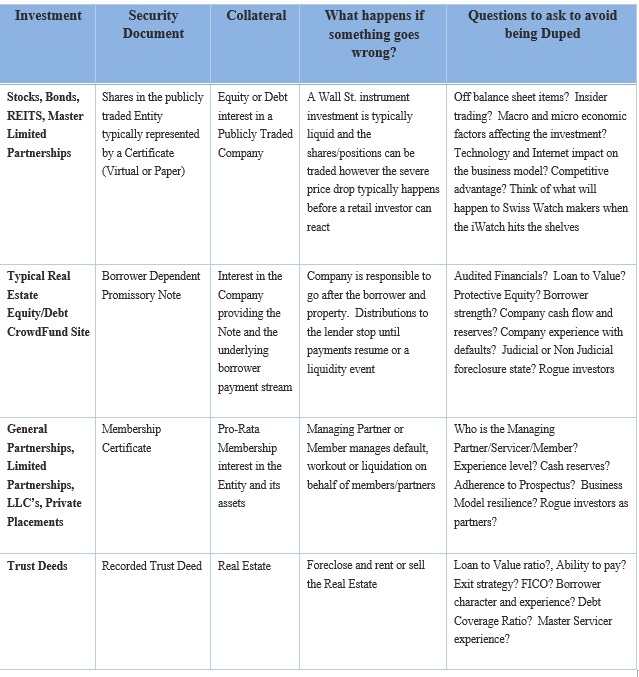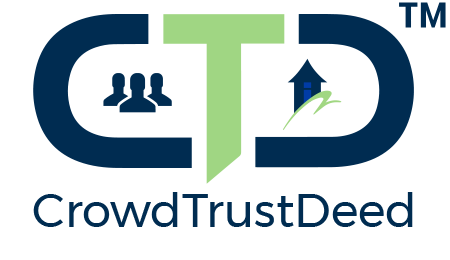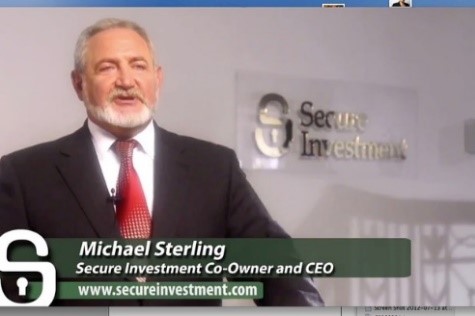The man in the video snip above, Michael Sterling, looks professional and sounded like the CEO of a reputable Secure Investment, Inc. which purportedly was a currency trading firm. Unfortunately for the Duped investors, this man was a paid actor and the company a fraud. One day the website said that investors were earning 1% daily and the next day, the website went offline. It never returned. Neither did the investors $1 Billion investments based on data posted on Secure’s website and viewed by Bloomberg Markets two months before the site shut down. Secure Investment lured customers by creating its own good reputation and by publishing a seemingly successful trading record on its elaborate website. It was all a lie. The company’s claims to have offices and a large staff were also false. At least some of its so-called customer testimonials were actually delivered by actors. Ironically, the most common search sending traffic to Secure was the phrase “secure investment.”
We have all heard of Scams like Secure Investment above, Bernie Madoff and Ponzi Schemes. As Real Estate and Wall Street Investors, we all try to make the most educated decisions possible. Sometimes we go for the grand slam yield and other times we want to just hit a single and make solid returns. Years ago I made an Angel Funding investment in a Social Media website startup before Facebook and lost 80% of my investment. The company had a great idea but executed poorly. I knew the investment was risky and I accepted the limited exit strategies if the company did not acquire additional financing or substantially grow its revenue. Clearly my poor investment was not secure or secured. Avoiding elaborate scams and frauds can be avoided through due diligence, research, verifications, references and common sense. The old saying is, “If it sounds too good to be true, it probably is”.
Moving on from Scams and Fraud, today’s Blog also highlights the important difference between a legitimate yet misrepresented “Secure Investment” which might be hyped by a Seller, company or syndicator and a “Secured Investment.” For us in our Trust Deed world, Real Estate Advertising regulations prohibit the use of the word “secure” in our offering descriptions.
The main issue to remember is that “Secure” is an adjective that describes the investment. “Secure” is defined by Dictionary.com as, “Sure; certain; assured”. Essentially, the word “Secure” is effectively someone’s opinion. “Secured” on the other hand is a verb and is defined in Finance terms as, “to assure payment of a debt by pledging property. A “Secured” investment means that the investment has valuable collateral available to support and reimburse the investment.
Knowing an investments “security interest” is paramount to recovering capital should something go wrong. When the company does well, or investment performs or the borrower pays, all is good. But what happens when things go wrong? Sometimes syndicators or companies or managers are well intentioned, however they do not anticipate a market turn. Understanding the structure of the company and the licensing or exemption of the offering provides insight into the potential liquidity and remedies should a default or payment hiccup occur. The table on the next page discusses different kinds of investment structures, collateral, remedies and questions to ask to avoid being duped. All collateral is not created equal. Some investments are touted as being “secure” when in fact the collateral is only worth the value of the paper that someone else is willing to buy. Here are some sample investments as related to their “secure” or “secured” nature:

Do you have ideas on how to avoid being Duped? We would like to know.


